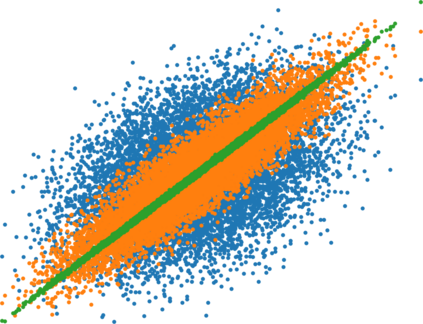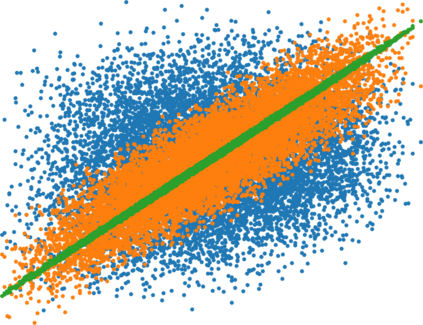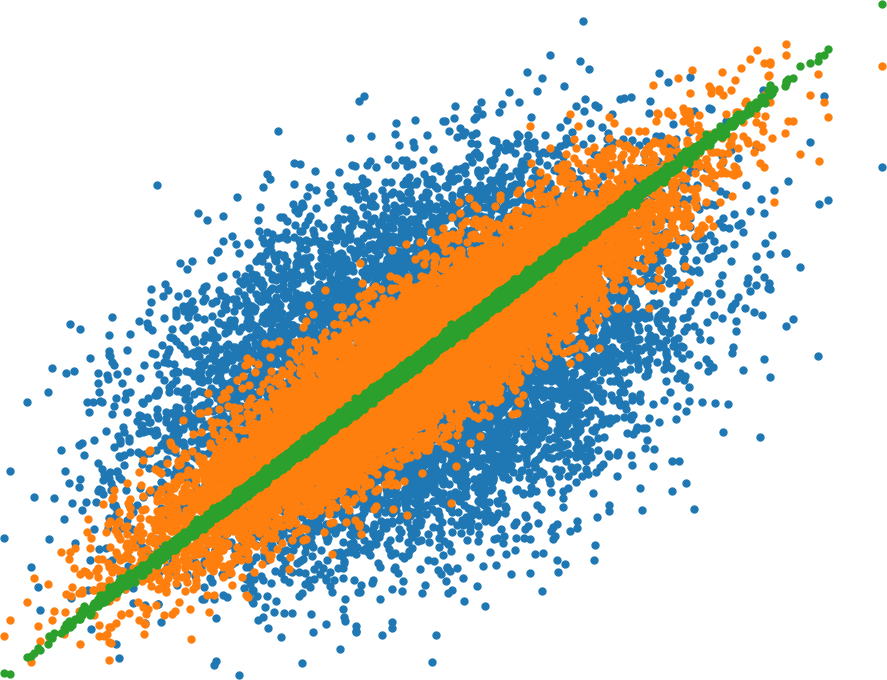One of the central questions in the theory of deep learning is to understand how neural networks learn hierarchical features. The ability of deep networks to extract salient features is crucial to both their outstanding generalization ability and the modern deep learning paradigm of pretraining and finetuneing. However, this feature learning process remains poorly understood from a theoretical perspective, with existing analyses largely restricted to two-layer networks. In this work we show that three-layer neural networks have provably richer feature learning capabilities than two-layer networks. We analyze the features learned by a three-layer network trained with layer-wise gradient descent, and present a general purpose theorem which upper bounds the sample complexity and width needed to achieve low test error when the target has specific hierarchical structure. We instantiate our framework in specific statistical learning settings -- single-index models and functions of quadratic features -- and show that in the latter setting three-layer networks obtain a sample complexity improvement over all existing guarantees for two-layer networks. Crucially, this sample complexity improvement relies on the ability of three-layer networks to efficiently learn nonlinear features. We then establish a concrete optimization-based depth separation by constructing a function which is efficiently learnable via gradient descent on a three-layer network, yet cannot be learned efficiently by a two-layer network. Our work makes progress towards understanding the provable benefit of three-layer neural networks over two-layer networks in the feature learning regime.
翻译:暂无翻译






